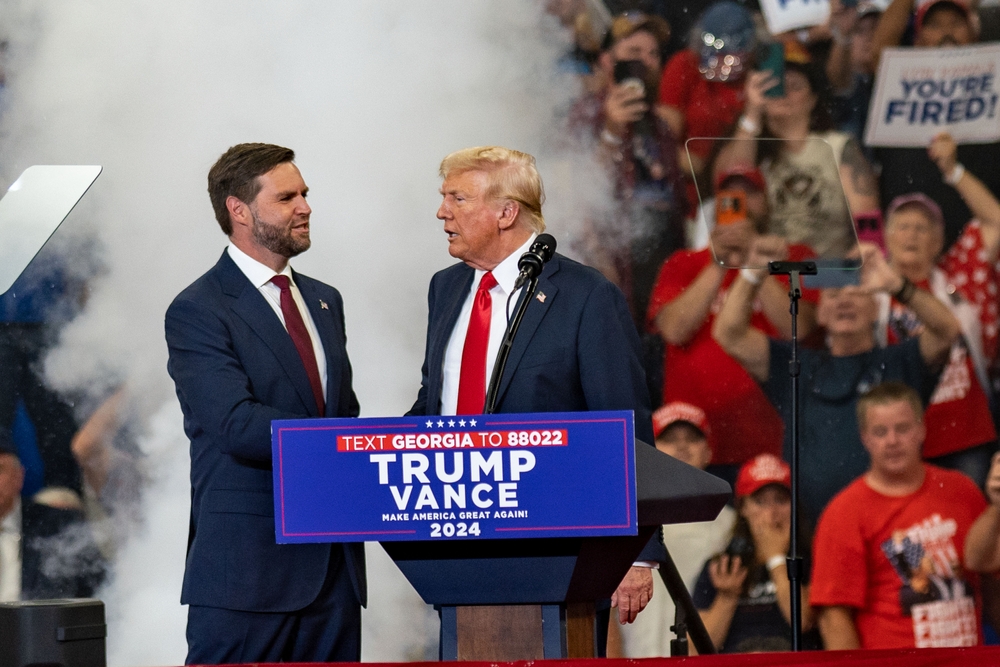US VP JD Vance condemns Germany’s “Orwellian” online speech regulations, sparking a heated debate on free expression.
Vance’s Critique and “60 Minutes” Discussion
JD Vance recently criticized a “60 Minutes” segment that explored Germany’s strict online speech regulations. Vance and others view these regulations as “Orwellian,” potentially curtailing free expression. The segment highlighted German actions involving pre-dawn raids on individuals accused of spreading hate speech online. Such tactics have provoked discussions on the boundaries of free speech, with Vance asserting that these laws threaten fundamental liberties.
Exactly. Germany has crossed the line into full-blown Orwellian insanity, and Vance was absolutely right to call it out. A country that raids homes, seizes devices, and prosecutes citizens for memes and insults does not belong in the free world. When CBS’s 60 Minutes—hardly a… pic.twitter.com/1xAOJIZr4v
— Torsten Prochnow (@TorstenProchnow) February 17, 2025
German prosecutors argue that limiting harmful rhetoric is necessary to protect democratic principles. “No, you have free speech as well, but it also has its limits.” Dr. Matthäus Fink defended Germany’s stance. The legal measures have sparked concern among various free speech advocates who feel these actions impede individual rights and expression.
Reactions at the Munich Security Conference
At the Munich Security Conference, Vance accused European nations of suppressing free speech and marginalizing right-wing parties. He argued that such censorship could be more detrimental to European democracy than foreign adversaries. His statements drew a sharp response from German Defense Minister Boris Pistorius, highlighting the complexities of balancing democratic rights with social harmony.
German lawyers admitted Sunday on 60 Minutes it’s a crime in Germany to insult someone in public or to post online something authorities say is untrue.
This is precisely why VP Vance was right when he recently told the world that in Europe, “Free speech, I fear, is in retreat.” pic.twitter.com/Z1mLHNLSRd
— Paul A. Szypula 🇺🇸 (@Bubblebathgirl) February 17, 2025
“Insulting someone is not a crime, and criminalizing speech is going to put real strain on European-US relationships” – JD Vance.
The debate over Germany’s laws and Vance’s remarks resonates internationally. Some American commentators have questioned if the United States should revisit its engagement policies with Europe, such as NATO membership, based on these speech regulations.
Broader Implications on Free Speech
Vance emphasized that criminalizing speech poses significant risks to transatlantic relations and democratic values. Some organizations in Germany, including ‘HateAid’, support the regulations as protective measures against intimidation. They believe free speech requires boundaries to maintain societal peace. However, critics argue that these boundaries undermine essential freedoms.
“They say, ‘No, that’s my free speech,'” – Dr. Matthäus Fink.
As the debate about Germany’s speech laws unfolds, it encapsulates the broader challenges of defining free speech in a digital age. The unfolding scenario serves as a reminder of the delicate balance between fostering open dialogue and protecting against harmful discourse.

